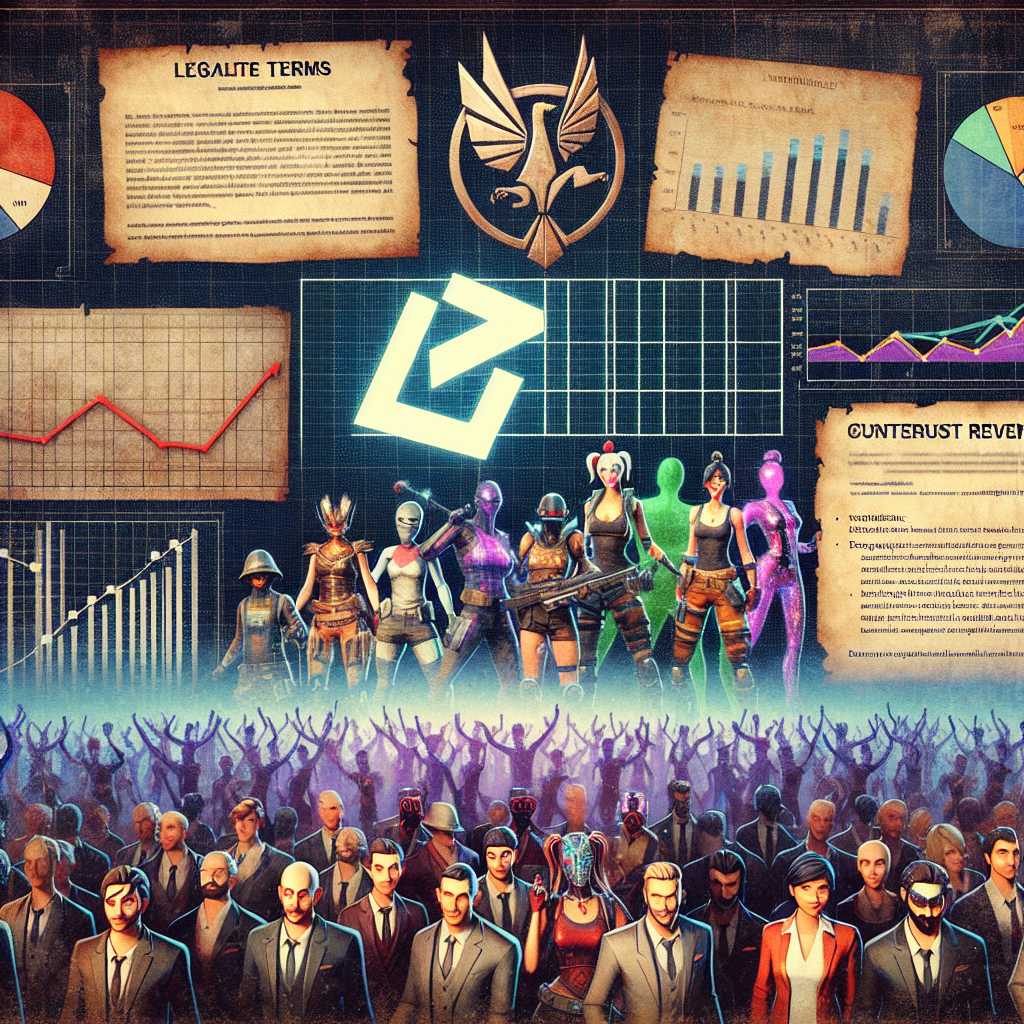The Rise of Epic Games and Its Impact on the Gaming Industry
Epic Games, Inc., since its inception, has become a major player in the gaming industry, fundamentally altering the landscape with their innovative technology, consumer-friendly practices, and industry-wide influence. From humble beginnings to the meteoric rise powered by their blockbuster game Fortnite and the game engine Unreal Engine, Epic Games’ journey is a testament to the company’s vision and adaptability in a volatile market.
The Origins of Epic Games
Epic Games was founded by Tim Sweeney in 1991. At that time, the company was known as Potomac Computer Systems and was housed in Sweeney’s parents’ garage. The launch of ZZT, the company’s first game, catalyzed its initial success. Riding on this positive momentum, the company rebranded to Epic MegaGames and began to expand its portfolio.
Development of Industry-Leading Technologies
The pivot that changed the course of Epic’s future was undoubtedly the creation and continual development of the Unreal Engine. Introduced in 1998 alongside the first-person shooter Unreal, this game engine enabled developers to create high-fidelity graphics and intricate gameplay that pushed the boundaries of what was possible at the time.
Over the years, Unreal Engine has evolved, becoming a staple for many developers inside and outside of the gaming industry due to its versatility, cutting-edge graphics capability, and user-friendly interface. The licensing of Unreal Engine to third-party developers not only democratized game development but also established a steady stream of income for Epic Games.
Fortnite: A Cultural Phenomenon
Perhaps what Epic Games is best known for is Fortnite, a battle royale game released in 2017 which rapidly became a global cultural phenomenon. With its free-to-play model, in-game purchases for cosmetic items, and frequent content updates, Fortnite amassed a vast and dedicated player base. The game’s reach extended far beyond traditional gaming spaces into mainstream media and even education sectors.
Epic played into this virality by organizing events within Fortnite that were part live concert, part movie screening, blurring lines between gaming and other forms of digital interactivity. Collaborations with franchises like Marvel and Star Wars helped sustain interest in the game and brought pop culture into Fortnite’s narrative.
Impact on Business Models and Industry Economics
Beyond Fortnite’s success as a game is its role in reshaping business models within the gaming industry. Fortnite capitalized on the free-to-play model paired with microtransactions for in-game products—proving to be significantly profitable and influential.
An important repercussion of this successful monetization strategy has been an industry-wide shift towards similar models. ‘Games as a service’ has gained traction as many developers now focus on longevity; a regular drip-feed of content to maintain engagement over singular off-the-shelf purchases.
Legal Battles and Advocacy for Open Platforms
Epic Games has taken an active role in challenging industry norms related to platform dominance. In August 2020, they initiated legal action against Apple Inc., arising from Apple’s policies on in-app purchases on their App Store which Epic considered monopolistic. This case brought numerous issues about fair practices and competition to light.
Simultaneously, Epic launched multiple efforts to encourage cross-platform play among different gaming platforms, promoting a more connected gaming ecosystem where players are not segregated by their hardware choices.
Championing Developer Rights and Revenue Sharing
Besides legal advocacy for open platforms, Epic Games created the Epic Games Store—an alternative to Valve’s dominant Steam online store—to provide better revenue terms for developers. Their platform offers an attractive revenue split which enables developers to retain more of their profits compared to other established digital storefronts. This leveled the playing field somewhat by reducing gatekeeper influence over developer profits and visibility.
Notes
Image Description An image showcasing various elements related to Epic Games—a small logo of Unreal Engine at one corner; some Epic Games-produced titles like Fortnite character skins displayed prominently; background glimpses of an animated crowd attending an in-game event; faded representations of legal documents hinting at historical court cases; and visuals illustrating better revenue terms for developers with graphs or pie charts symbolizing profit sharing arrangements.
(Note: Since images can’t be generated here directly, please use your imagination based on this description.)
